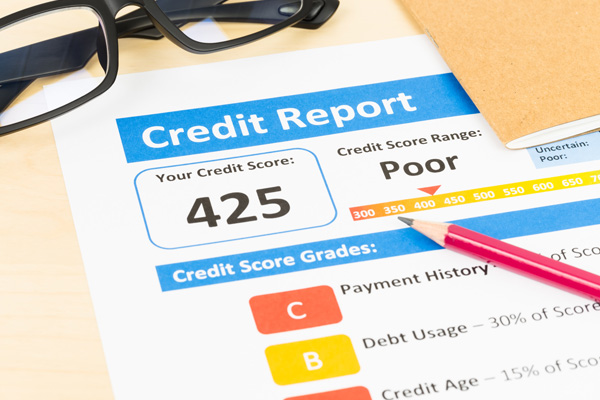Frequently Asked Questions About Errors in Credit Reports
Q: What are some of the most common examples of errors related to consumers’ credit reports?
A: There are many types of issues you may encounter related to your credit report. For example, your report may show accounts or creditors that do not belong to you; late payments; unpaid balances; default, charge-offs or settlement information that is inaccurate or incomplete; fraudulent behavior caused by identity theft;; and other issues that could materially impact your ability to obtain and use credit. A skilled credit report attorney can help you fight these types of violations and clean up your credit report.
Q: Are there credit reporting laws that protect consumers in these situations?
A: Yes, there are laws in place to protect consumers from the potentially negative consequences of errors on their credit profiles. Credit reports fall under the Fair Credit Reporting Act (FCRA,) which was designed to promote accuracy, fairness, and privacy of data that is collected and used by the credit bureaus and financial agencies. This law impacts the credit reporting agencies and financial institutions or other entities that provide information to the reporting agencies. If you were harmed by a credit reporting error, you may be entitled to compensation under the FCRA.
Q: What should I do if there is an error on my credit report?
A: First, it is important to review your credit reports periodically to ensure the information they contain is accurate and complete. You can request one free credit report from each of the three major credit bureaus — Equifax, Experian and TransUnion — once each week. If you find errors on your report, contact Stein Saks PLLC


